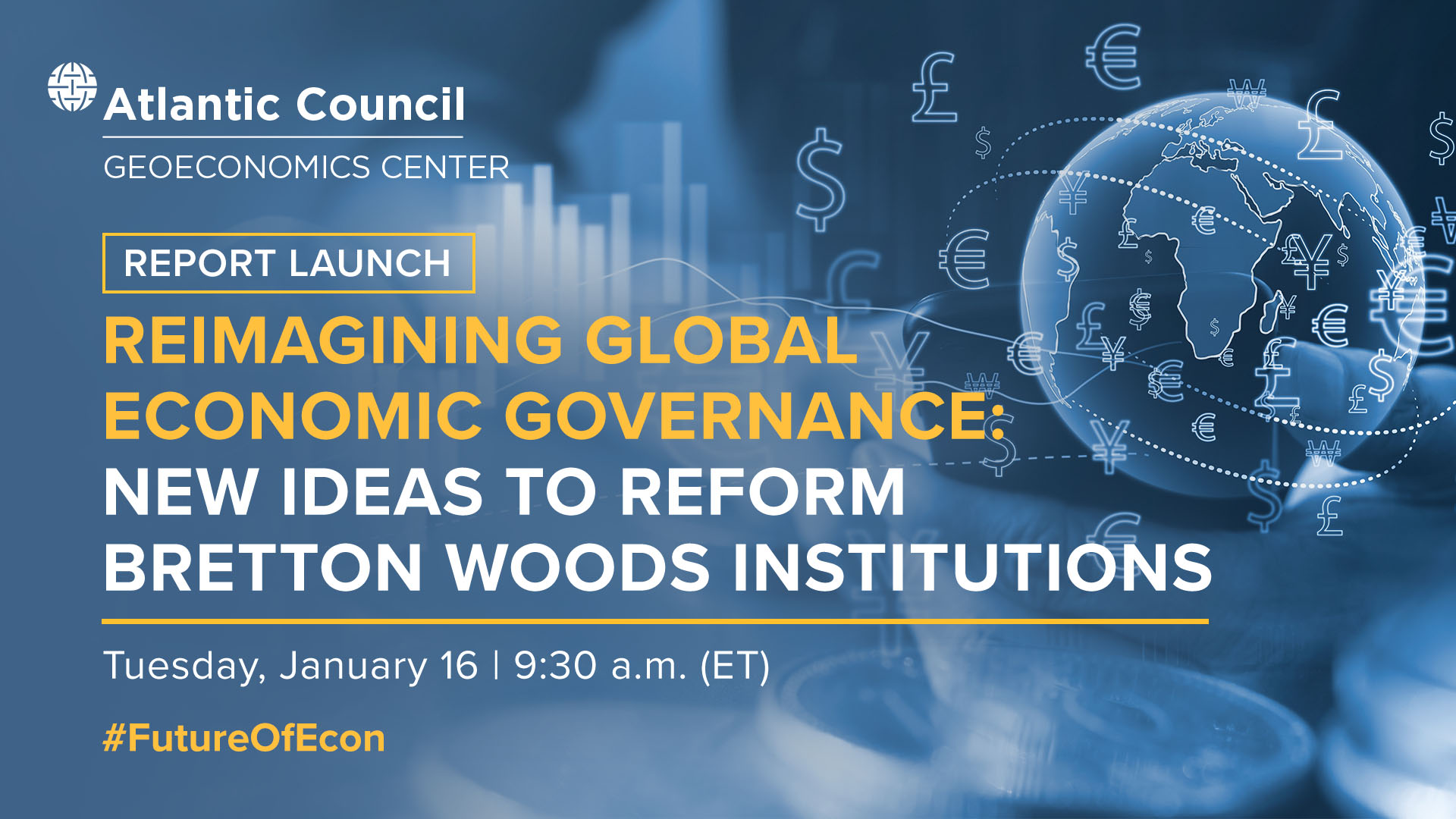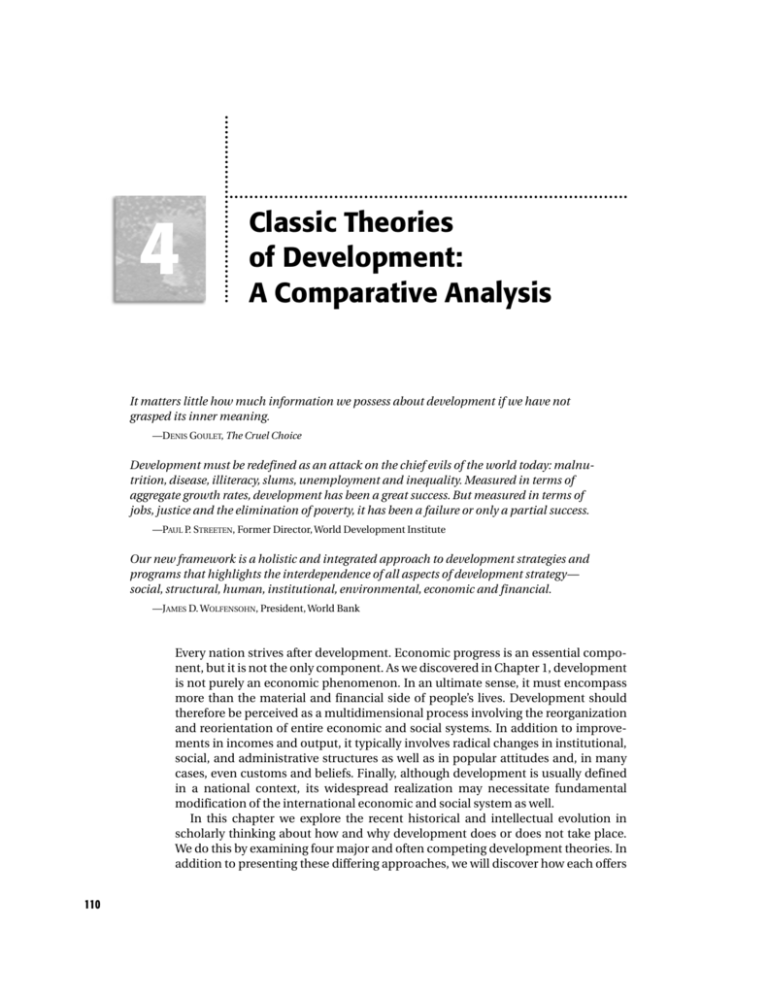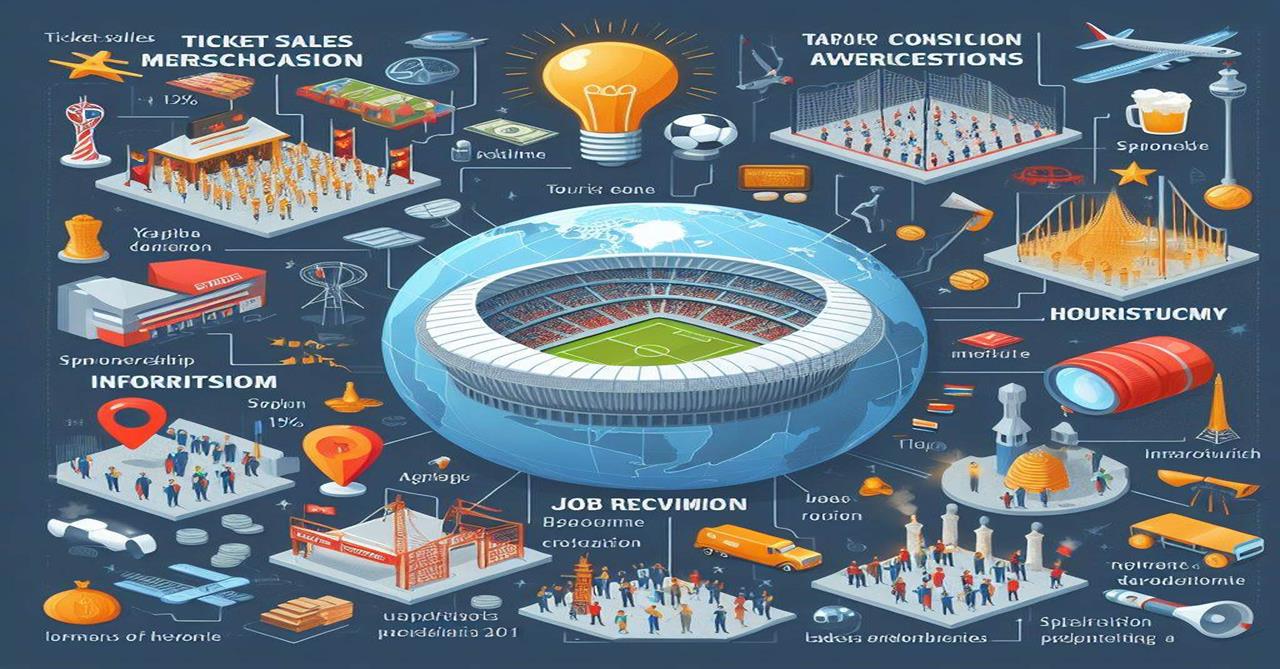
Global Economic Governance: Navigating Challenges and Forging Reforms for a Stable, Fairer World
Our world is more interconnected than ever before. What happens in one country – a financial crisis, a new technology, a pandemic, or a climate disaster – can quickly ripple across the globe. This is why Global Economic Governance (GEG) is so vital. But what exactly is it, and why is it facing so many challenges today? More importantly, how can we reform it to build a more stable and fairer future for everyone?
This article will break down the complex world of GEG, making it easy to understand for beginners. We’ll explore its importance, the major hurdles it faces, and the crucial reforms needed to ensure our global economy works for all.
What is Global Economic Governance? A Simple Explanation
Imagine the global economy as a massive, bustling city. For this city to function smoothly, it needs rules, traffic lights, police, and a city council. Global Economic Governance is essentially the set of rules, institutions, and agreements that guide how countries interact economically.
It’s not a single government or a world president. Instead, it’s a web of:
- International Organizations: Like the police and city planners.
- Agreements: The "rules of the road" for trade, finance, and development.
- Informal Groups: Like a club where major economic powers discuss issues.
The main goal of GEG is to promote economic stability, growth, and cooperation worldwide, preventing major crises and ensuring fair play.
Key Players in Global Economic Governance:
- International Monetary Fund (IMF): Think of it as the global lender of last resort. It provides financial aid to countries in crisis and helps keep the international money system stable.
- World Bank Group: Focuses on long-term development. It provides loans and grants to developing countries for projects like infrastructure, health, and education.
- World Trade Organization (WTO): Sets the rules for global trade. It aims to reduce barriers to trade and helps countries resolve trade disputes.
- United Nations (UN): While not purely economic, the UN plays a crucial role through its various agencies (like UNDP, UNEP) and platforms for discussing global economic issues, especially sustainable development.
- G7 and G20: These are groups of the world’s largest economies (G7: Canada, France, Germany, Italy, Japan, UK, US; G20 adds major emerging economies like China, India, Brazil, South Africa). They are informal forums where leaders discuss global economic policies and try to coordinate actions.
- Regional Blocs: Like the European Union (EU), African Union (AU), or ASEAN, which govern economic interactions within their specific regions.
Why is Global Economic Governance So Important?
Without proper governance, the global economy would be a chaotic place. Here’s why GEG is essential:
- Financial Stability: Helps prevent and manage financial crises (like the 2008 global financial crisis) that can quickly spread from one country to another.
- Promoting Trade: Creates a stable and predictable environment for businesses to trade across borders, leading to more goods, services, and jobs.
- Poverty Reduction & Development: Provides funding and guidance for developing countries to improve living standards, build infrastructure, and escape poverty.
- Addressing Global Challenges: Facilitates cooperation on issues that no single country can solve alone, such as climate change, pandemics, and cybersecurity.
- Resolving Disputes: Offers mechanisms for countries to settle disagreements peacefully, whether over trade or financial matters.
- Shared Prosperity: Aims to create a system where economic benefits are more widely shared, though this remains a significant challenge.
Current Challenges Facing Global Economic Governance
Despite its importance, the existing GEG system, largely set up after World War II, is struggling to keep up with today’s rapidly changing world. Many of its rules and structures no longer reflect current global realities.
Here are some of the biggest challenges:
1. Inequality and Lack of Representation
- The Problem: The most powerful voices in many GEG institutions (like the IMF and World Bank) often belong to wealthy, developed nations. Developing countries and emerging economies, which now represent a significant portion of the global economy and population, feel underrepresented.
- Impact: This leads to decisions that might not fully address the needs or perspectives of the majority of the world, eroding trust and cooperation.
2. Climate Change and Environmental Crises
- The Problem: The global economy is heavily reliant on fossil fuels, contributing to climate change, biodiversity loss, and pollution. These environmental crises pose enormous economic risks (e.g., natural disasters, food shortages).
- Impact: Current GEG mechanisms are not fully equipped to finance the massive transition to a green economy or to fairly distribute the costs and benefits of climate action.
3. Financial Instability and Debt Crises
- The Problem: Despite past reforms, the global financial system remains prone to booms and busts. Many developing countries are burdened by unsustainable levels of debt, making them vulnerable to economic shocks.
- Impact: Debt crises can cripple economies, reverse development gains, and destabilize entire regions.
4. Trade Tensions and Protectionism
- The Problem: The WTO, once the cornerstone of free trade, faces challenges from countries imposing tariffs (taxes on imports) and other barriers, leading to "trade wars." Its dispute settlement system is also largely paralyzed.
- Impact: This reduces global trade, harms economic growth, and increases the cost of goods for consumers.
5. Pandemics and Global Health Crises
- The Problem: The COVID-19 pandemic exposed severe weaknesses in global coordination for health crises, from vaccine distribution to economic recovery efforts.
- Impact: Unequal access to essential resources (like vaccines) and uncoordinated economic responses deepen global inequalities and prolong crises.
6. Digital Transformation and Cyber Threats
- The Problem: The rapid rise of digital economies, cryptocurrencies, and artificial intelligence creates new challenges related to taxation, data governance, privacy, and cyber security, for which existing GEG rules are often non-existent or outdated.
- Impact: This can lead to regulatory gaps, unfair competition, and new avenues for crime and instability.
7. Slow Decision-Making and Lack of Enforcement
- The Problem: Reaching consensus among nearly 200 countries on complex economic issues is incredibly difficult and slow. Even when agreements are made, enforcement can be weak.
- Impact: This makes GEG less agile and effective in responding to urgent global challenges.
Needed Reforms and Solutions for Global Economic Governance
Addressing these challenges requires significant and bold reforms. The goal is not to scrap the system, but to adapt and strengthen it to be more inclusive, effective, and resilient.
Here are key areas for reform:
1. Strengthening Multilateralism and Cooperation
- What it means: Countries need to recommit to working together through international institutions, rather than pursuing purely nationalistic interests.
- How: This involves fostering dialogue, building trust, and recognizing that global problems require global solutions.
2. Reforming International Institutions
- IMF and World Bank:
- Increase voting power for emerging and developing countries: This would give them a fairer say in decisions, making these institutions more legitimate and effective.
- Modernize mandates: The World Bank needs to scale up its climate finance, while the IMF could play a stronger role in debt restructuring and managing capital flows.
- WTO:
- Revive the dispute settlement system: Essential for resolving trade conflicts peacefully.
- Update trade rules: To address new issues like digital trade, subsidies, and environmental standards.
3. Addressing Debt and Development Finance
- Debt Relief and Restructuring: Develop fairer and faster mechanisms for countries struggling with unsustainable debt, potentially involving more creditors (like private banks and new lenders).
- Innovative Finance: Explore new ways to fund development and climate action, such as global carbon taxes, financial transaction taxes, or leveraging private investment more effectively.
4. Integrating Climate Action and Sustainability
- Green Finance: Make climate change a central focus of all financial institutions, directing more investment towards renewable energy, sustainable agriculture, and climate resilience.
- Carbon Pricing: Encourage global coordination on carbon pricing mechanisms to incentivize emissions reductions.
- Just Transition: Ensure that the shift to a green economy is fair and supports workers and communities affected by the transition away from fossil fuels.
5. Enhancing Digital Governance
- New Rules for Digital Economy: Develop international frameworks for issues like taxing digital giants, regulating cryptocurrencies, ensuring data privacy, and managing artificial intelligence.
- Cybersecurity Cooperation: Strengthen international cooperation to combat cybercrime and protect critical digital infrastructure.
6. Promoting Inclusive Growth and Reducing Inequality
- Social Protection Floors: Encourage countries to implement basic social safety nets (healthcare, education, unemployment benefits) to protect vulnerable populations.
- Fairer Taxation: Combat tax evasion and avoidance by multinational corporations to ensure they pay their fair share, providing more resources for public services.
- Gender Equality: Promote policies that empower women economically, recognizing their vital role in development.
7. Faster and More Agile Crisis Response Mechanisms
- Pandemic Preparedness: Establish robust global mechanisms for rapid funding, vaccine production and distribution, and coordinated economic responses to future health crises.
- Early Warning Systems: Strengthen systems to detect and respond quickly to emerging financial, climate, or health risks.
The Road Ahead: A Collaborative Effort
Reforming Global Economic Governance is a monumental task. It requires political will, difficult compromises, and a recognition that no country can truly prosper in isolation.
- Governments: Must prioritize global cooperation over narrow national interests.
- International Organizations: Need to adapt, become more representative, and more efficient.
- Civil Society and Academia: Play a crucial role in advocating for change, holding institutions accountable, and providing new ideas.
- Private Sector: Has a responsibility to operate ethically and contribute to sustainable development goals.
The challenges are immense, but the opportunity to build a more stable, equitable, and sustainable global economy is even greater. By understanding the complexities of Global Economic Governance and advocating for necessary reforms, we can all contribute to a better future for generations to come. The time for change is now.




Post Comment